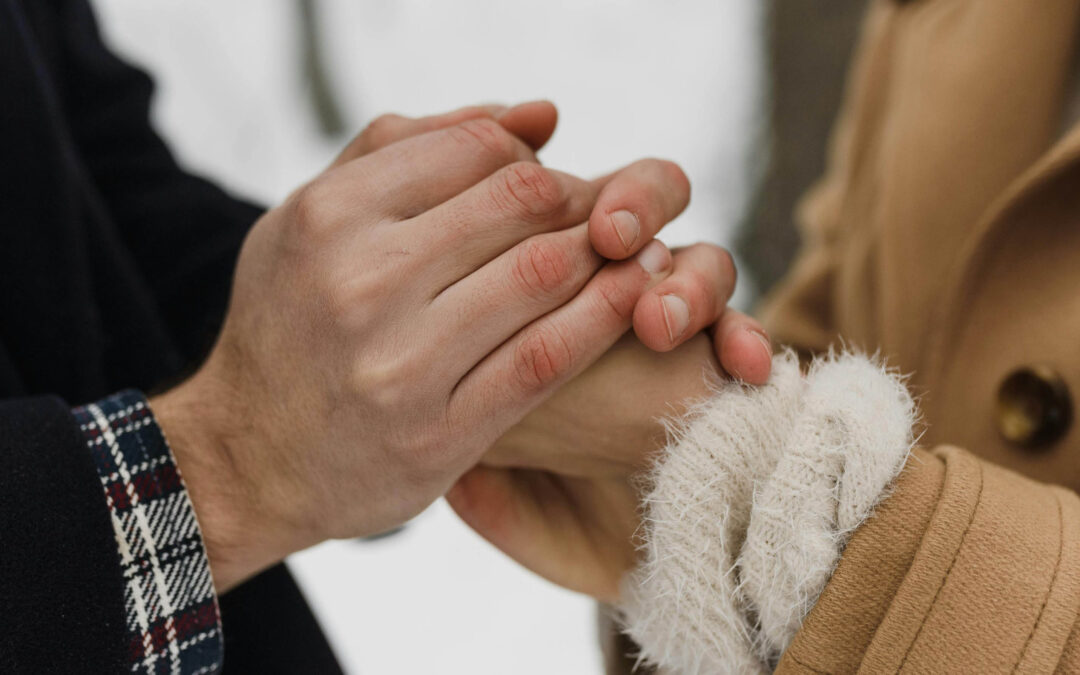Going into fall as the temperature drops your skin and hair begin to change with the weather, but winter is when you can not only feel, but see the effects that low temperatures can have on our bodies. But what actually happens to our skin and hair during this time? And how can it be prevented?
As the change of seasons takes place, the last of the leaves fall, and the snow creeps over the mountains. During winter months, a lower angle and a lesser amount of solar radiation reaches the earth’s surface. This is caused by a tilt in the earth’s axis which, during winter months, points us away from the sun causing a significant drop in temperature and daylight hours. During this time our bodies experience its effects such as; dry, cracking skin and nails, as well brittle and damaged hair.
Our skin and hair are delicate parts of our bodies and they endure constant stressful, and damaging factors such as direct sunlight, harsh cold and brittle winds. But it’s not only outdoor climates that our skin and hair have to protect against, it’s also how we maintain and care for them. A cranked-up thermostat or fireplace can cause dry, cracked, flaky skin, as well as brittle, dull and damaged hair. These symptoms occur due to the drastic difference in temperature and humidity. With dry, cold winter air and indoor heating with low humidity, the moisture your skin naturally produces gets stripped away, as well as the oils your scalp produces to maintain strength and growth. Which is why in winter when you wear woolly hats, scarfs and have hotter showers, you may find your scalp feels dry, itchy and tight, you may also experience dandruff more in winter months then other seasons.
Other factors that play into these symptoms include but are not limited to:
- Harsh soaps, detergents, styling products, etc.,
- Decrease in sunlight exposure,
- Vitamin or mineral deficiency,
- Hot water (long hot showers or hand washing),
- Excessive hair washing,
- Prolonged use of heat-styling tools (straighteners/dryers),
- Continuous hair dying or improper/cheap products,
- Going outside with wet hair (especially in winter months).
When it comes to winter months and caring for your skin and hair the best thing you can do is use quality, natural products that will benefit and moisturize your skin and hair. Use daily moisturizers to give your skin a nice glow and deep conditioners as well as masks to help re-hydrate your hair and scalp. Limit the use of heat tools and add heat protectants to help maintain a balance!
More ways to keep your hair and skin hydrated this winter:
- Minimize unwanted chemicals in both hair and skincare (go the natural route!),
- Avoid hot water, use warm water to protect your natural oils,
- Keep yourself hydrated,
- Use humidifiers when you can,
- Gently exfoliate to give way to healthy skin,
- Keep a lower temperature in your home,
- Try some of our products!
Contact Hebe Rejuvenation for information on our products and ingredients.

